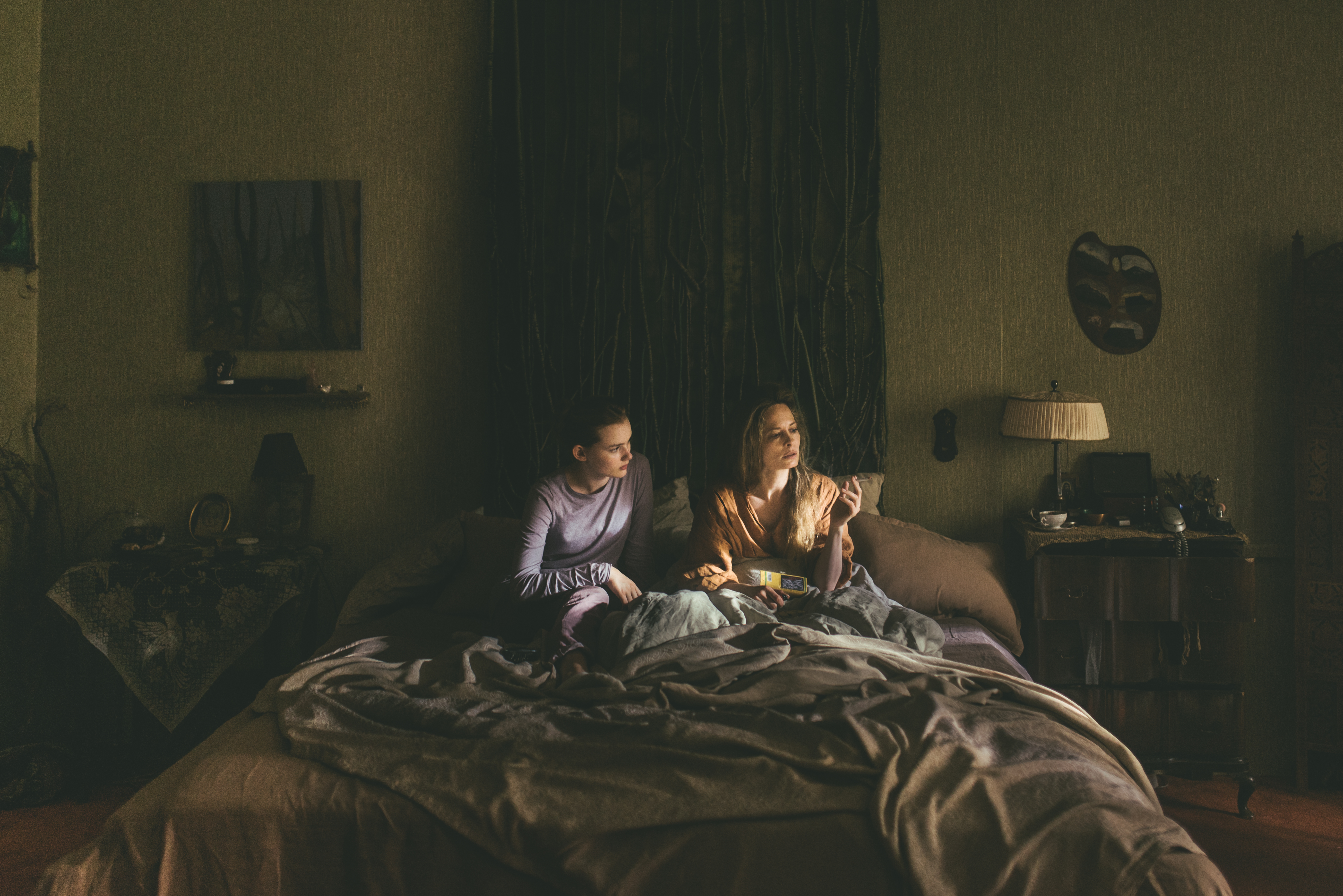Camilla Strøm Henriksen was born in Oslo and studied directing at the London Film School. She has appeared on and directed numerous Norwegian television shows. Henriksen previously directed the short film “Lace.” “Phoenix” is her first feature.
“Phoenix” will begin screening at the 2018 Toronto International Film Festival on September 7.
W&H: Describe the film for us in your own words.
CSH: “Phoenix” is a film about children who take on the roles of adults. It’s a family story told from the perspective of the children. The protagonist Jill is a girl of 14 who has long been caring for her mentally unstable mother and her younger brother. It’s a film about the courage and resilience of a young girl who is forced to grow up too quickly, while she is still a child with unanswered needs. It’s also a film about a strong and loving sibling relationship.
W&H: What drew you to this story?
CSH: It’s a personal story. I’ve used my own childhood experiences as a starting point for the film. I felt that I had an important story to share that might resonate with people.
W&H: What do you want people to think about when they are leaving the theater?
CSH: I would like for people to think about how loyal children are, how brave they are, and that whatever you expose children to, this will form their character, for better or for worse.
At the end of the film, we see the two siblings together. It makes such a difference to be two together, not alone. With a sibling, you have someone who you can give love to and receive love from.
W&H: What was the biggest challenge in making the film?
CSH: Before I got the people on board who would become my producers, I spent some years in development hell, where different people such as producers and funding bodies wanted to pigeonhole the film and make it more streamlined. Luckily, I had a first draft that was quite raw and pure that I could refer back to.
W&H: How did you get your film funded? Share some insights into how you got the film made.
CSH: The funding of the film took much longer than I expected, but I think that’s quite normal with these kinds of projects. Once I got my producer Gudny Hummelvoll on board five years ago, we started to apply for development funding from The Norwegian Film Institute, which we got. There was a film commissioner at the institute who was very much behind the project. It still took five years from when we got the first development grant until we got the funding for the production. More than half of our budget came from the NFI funding. Other funders included the Swedish Film Institute, C More, Swedish television, and Shortcut Oslo.
W&H: What inspired you to become a filmmaker?
CSH: My background is in acting in theater, film, and television. I did that for many years until I started to feel that I wanted to tell my own stories and create fictional worlds.
W&H: What’s the best and worst advice you’ve received?
CSH: The worst advice was to stop wasting my time on this project that has now, after many years, made it onscreen. I’m very lucky to have a mentor, director David Yates, who has been great support and has given me a lot of good advice in the process of making the film. Something he said a few years back really stuck with me: “There might never be a prize at the end of the road, so it’s hugely important to feel that the work itself gives a fundamental joy and a feeling of fulfillment.” Though for some people this is very obvious, this completely changed my perspective.
W&H: What advice do you have for other female directors?
CSH: Brace yourself for a long and often lonely journey. This goes for all directors, male and female. To women directors: don’t be scared of your own strength.
W&H: Name your favorite woman-directed film and why.
CSH: That’s a hard question. There are some great films directed by women, and quite a few of them are recent releases, such as “The Babadook” by Jennifer Kent. This indicates that things are evolving in the right direction.
Two films that have had a big impact on me are “The Piano” by Jane Campion, for both its epic scale and sensuality and “La Ciénaga” by Lucrecia Martel, for its sharp yet tender depiction of a dysfunctional family. Really inspiring!
W&H: Hollywood and the global film industry are in the midst of undergoing a major transformation. What differences have you noticed since the #MeToo and #TimesUp movements launched?
CSH: I think these movements will have a long-lasting impact and things are changing already. One of the things that I have personally noticed is that there is less of an expectation to behave according to a female stereotype, which means we can focus on more important things.







